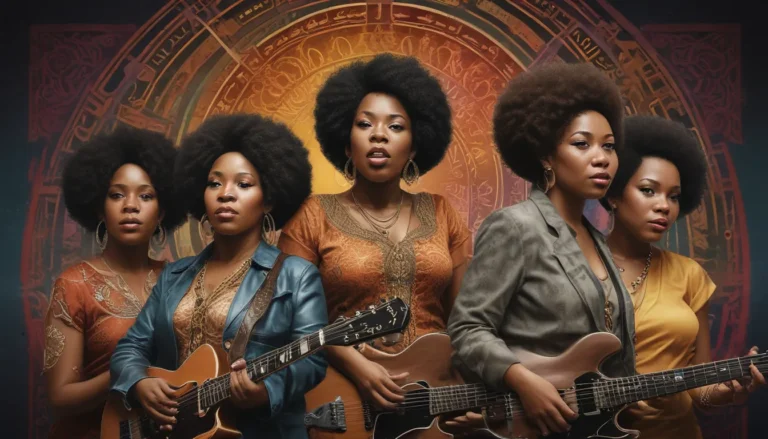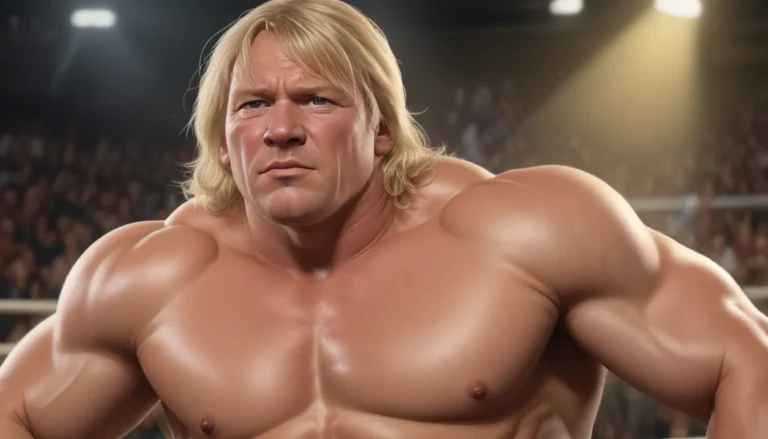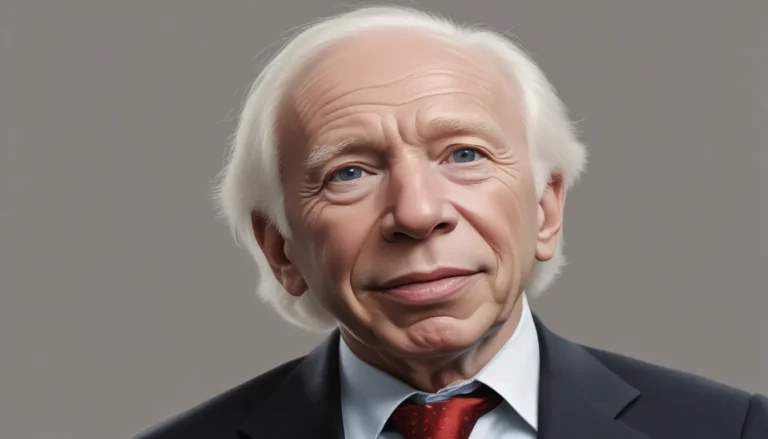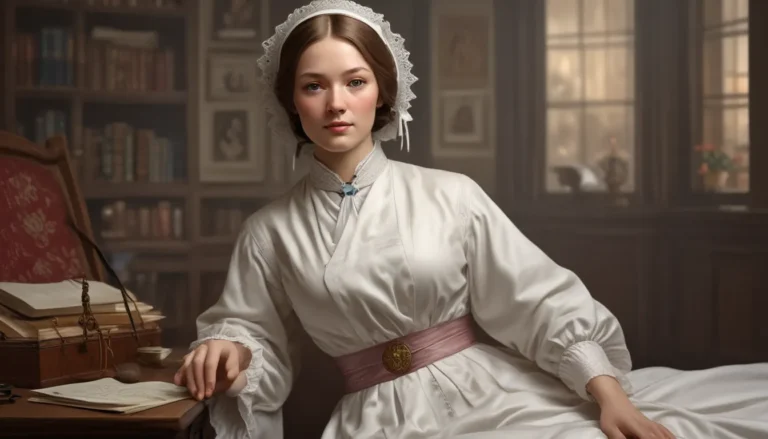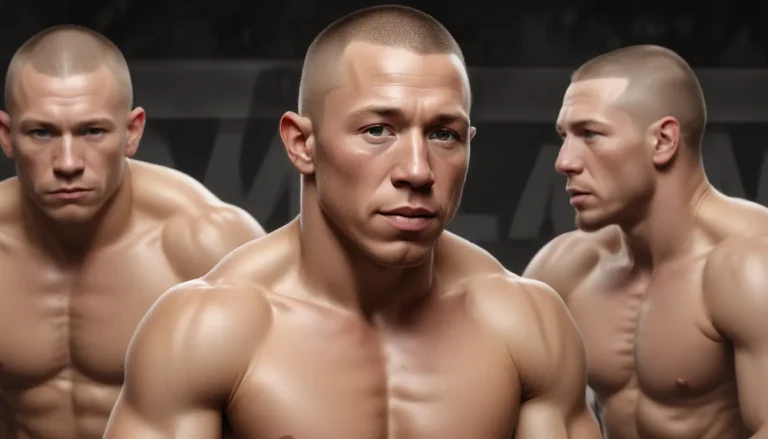The images in our articles may not match the content exactly. They are used to grab your attention, not to show the exact details in the text. The images complement the text but do not replace it.
Joseph Kabila, the former President of the Democratic Republic of Congo, has been a prominent figure in the global political landscape. From his rise to power at a young age to his voluntary step down in 2019, Kabila’s journey is filled with intriguing facts that shed light on his life, career, and influence on Congolese politics. Let’s uncover 20 captivating facts about Joseph Kabila that offer an in-depth look into the complexities of his leadership and legacy.
The Rise to Power: A Young Leader Takes the Helm
- At the age of 29, Joseph Kabila became the President of the Democratic Republic of the Congo, succeeding his father, Laurent-Désiré Kabila, and becoming the youngest head of state in Africa at the time.
- He held the presidency for 18 years, making him one of the longest-serving leaders in modern African history.
Family Background and Political Legacy
- Joseph Kabila hails from a prominent political family, with his father, Laurent-Désiré Kabila, serving as the President of the Democratic Republic of the Congo and his mother, Sifa Mahanya, actively involved in Congolese politics.
- He assumed the presidency after the assassination of his father, continuing his family’s legacy in Congolese politics.
Leadership Style and Accomplishments
- Known for his reserved nature and multilingual skills, Joseph Kabila oversaw the first democratic elections in the Congo and faced international pressure during his presidency.
- Under his leadership, the Democratic Republic of the Congo experienced significant economic growth, attracting foreign investors and promoting infrastructural development.
Challenges and Controversies
- Joseph Kabila faced criticism for alleged human rights violations, including political repression and suppression of freedom of speech.
- Throughout his presidency, he survived several assassination attempts, highlighting his resilience and determination as a leader.
Transition and Continued Influence
- In a surprising move, Joseph Kabila voluntarily stepped down from the presidency in 2019, paving the way for a peaceful transition of leadership in the Democratic Republic of the Congo.
- Despite stepping down, he remains an influential figure in Congolese politics, guiding the future directions of the country through his political party.
Legacy and Impact on Congolese Politics
- Joseph Kabila’s legacy is marked by a mix of achievements and controversies, leaving a complex and multifaceted impact on the political landscape of the Democratic Republic of the Congo.
- He continues to play a crucial role in shaping the nation’s political landscape, exerting influence as an advisor and maintaining a presence in Congolese politics.
Unpacking the Enigmatic Leader: Key Takeaways and Insights
- Joseph Kabila’s life and career offer valuable lessons in navigating political transitions, managing diplomatic relations, and addressing complex socio-economic challenges.
- His leadership presents a fascinating journey through African politics, showcasing the significance of free and fair elections in shaping nations’ futures and citizens’ lives.
Conclusion: Reflecting on Joseph Kabila’s Journey
Joseph Kabila’s captivating story provides a glimpse into the complexities of African politics, where leaders like him have left indelible marks. As we explore his legacy and impact on Congolese politics, we gain a deeper understanding of the challenges and triumphs that shaped his leadership. From his family background to his role in guiding the Democratic Republic of Congo, Joseph Kabila’s story is one that continues to spark debate and analysis.
FAQs About Joseph Kabila
-
Who is Joseph Kabila?
Joseph Kabila is a Congolese politician who served as the President of the Democratic Republic of Congo from 2001 to 2019. -
How did Joseph Kabila become President?
Joseph Kabila became President following the assassination of his father, Laurent-Désiré Kabila, in 2001. -
What were some of Joseph Kabila’s achievements as President?
Kabila oversaw the signing of a peace agreement and worked to strengthen the country’s economic and political institutions during his presidency. -
What controversies surrounded Joseph Kabila’s presidency?
Kabila’s presidency was marred by allegations of corruption, human rights abuses, and political repression, along with concerns about democratic processes. -
What is Joseph Kabila doing now?
Since stepping down as President, Joseph Kabila remains active in Congolese politics as an influential figure. -
How has Joseph Kabila shaped the Democratic Republic of Congo?
Kabila’s leadership has left a lasting impact on the country, marked by efforts to stabilize the nation and promote economic development. -
What is Joseph Kabila’s background?
Joseph Kabila comes from a political family, with his father serving as President and his mother involved in Congolese politics. -
Has Joseph Kabila faced international criticism?
Yes, Kabila faced international criticism for his handling of political unrest and alleged human rights abuses during his presidency. -
What is the legacy of Joseph Kabila?
Kabila’s legacy is complex, with both admirers and critics reflecting on his contributions and controversies. -
What are some key lessons we can learn from Joseph Kabila’s leadership?
Joseph Kabila’s leadership offers valuable lessons in navigating political challenges, managing international relations, and upholding democratic principles.
Was this page helpful?
Our commitment to delivering trustworthy and engaging content ensures that each fact shared is contributed by real users, guaranteeing accuracy and reliability. Trust in our dedication to quality and authenticity as we explore the fascinating world of Joseph Kabila together.

